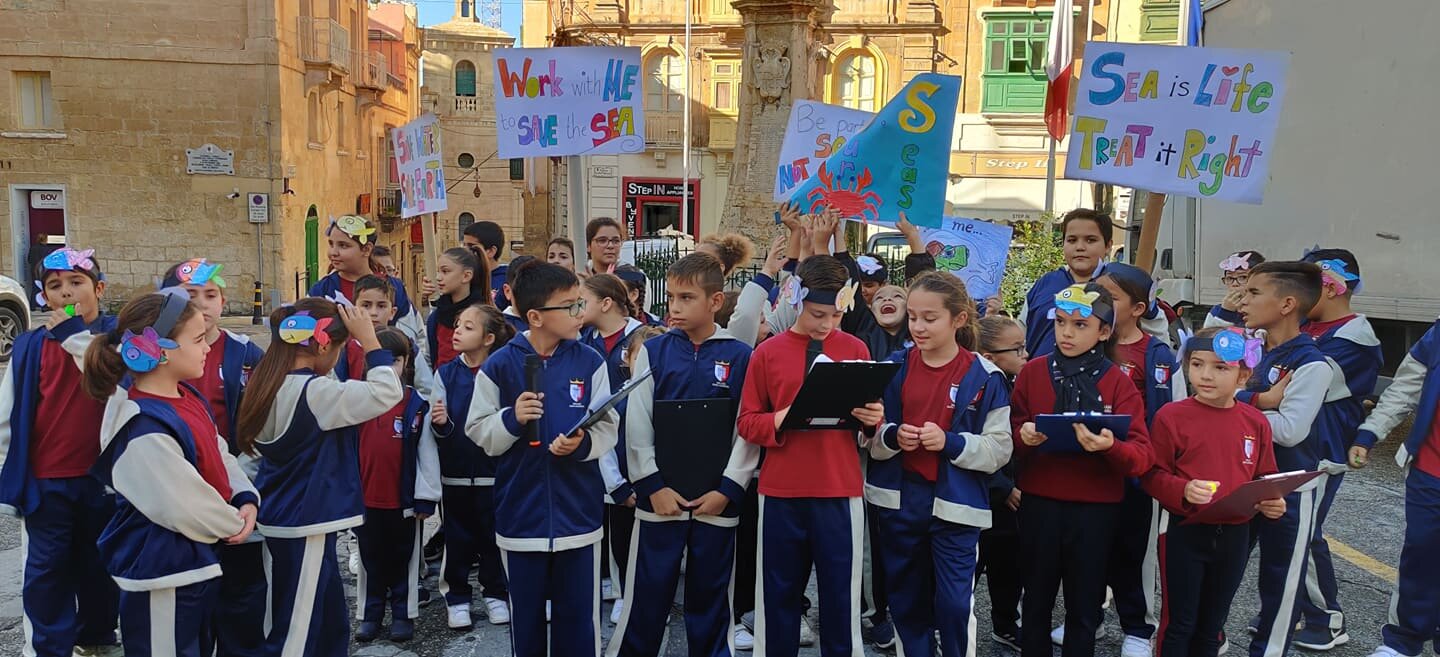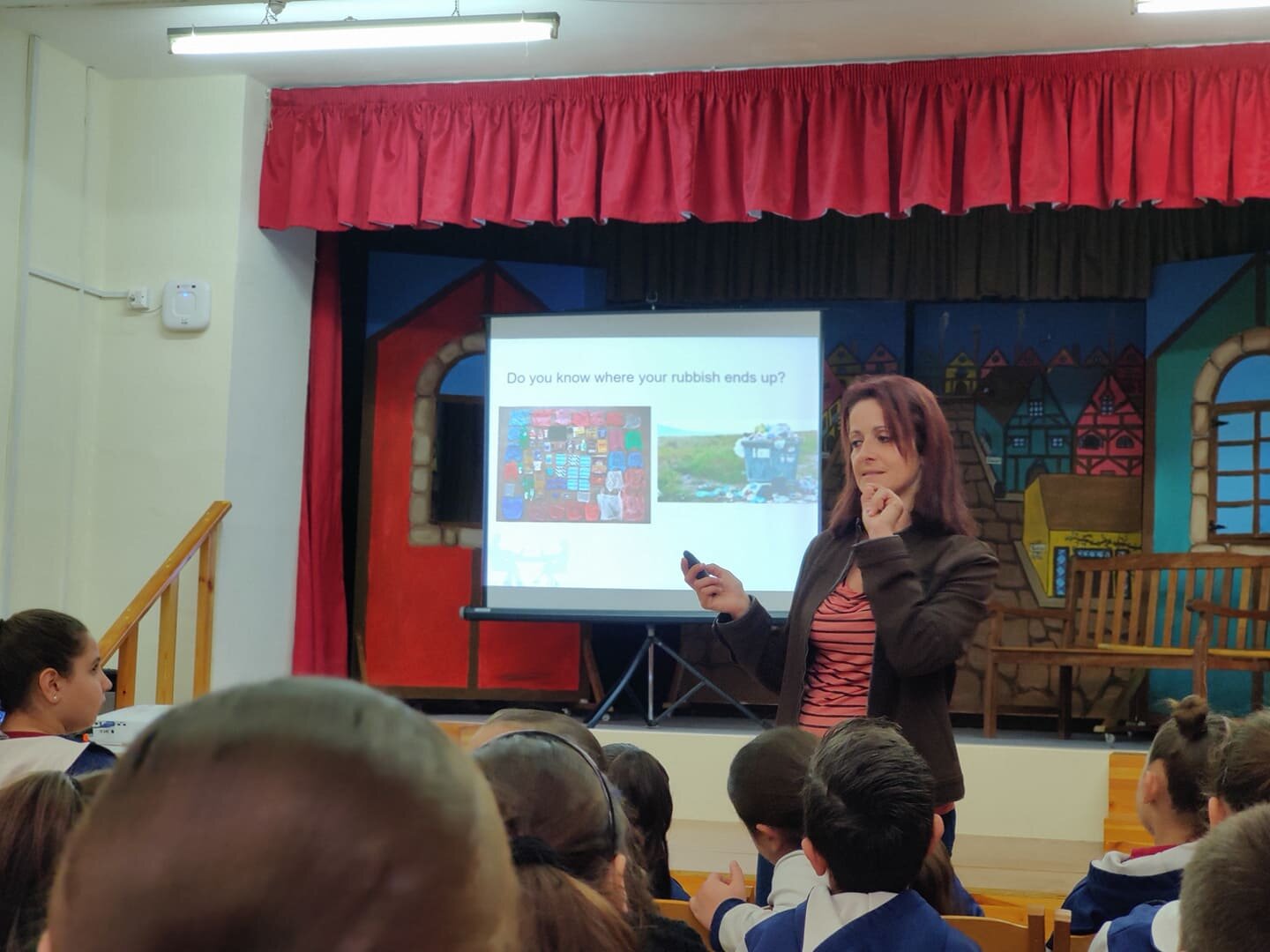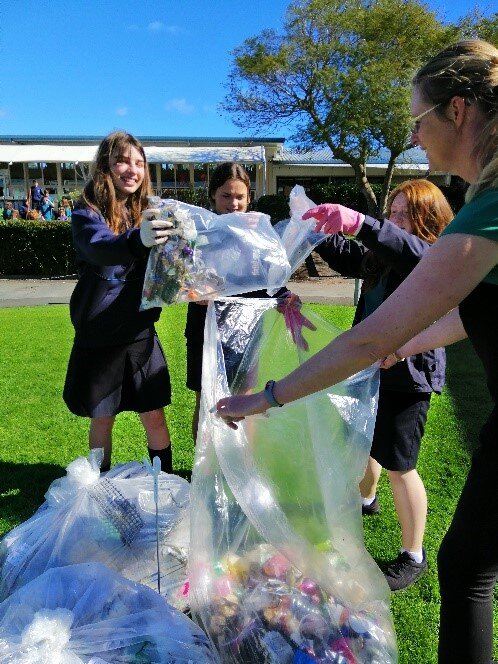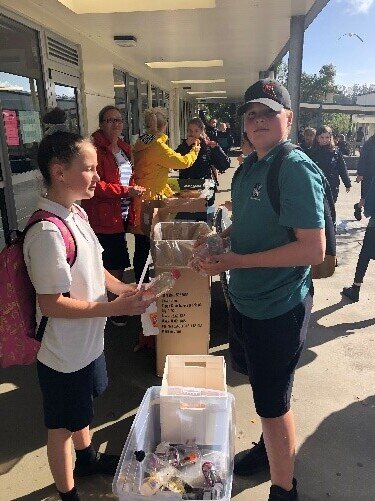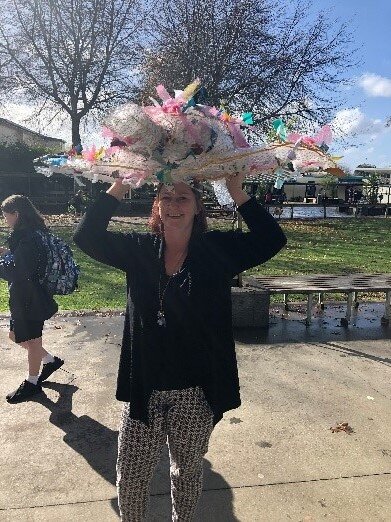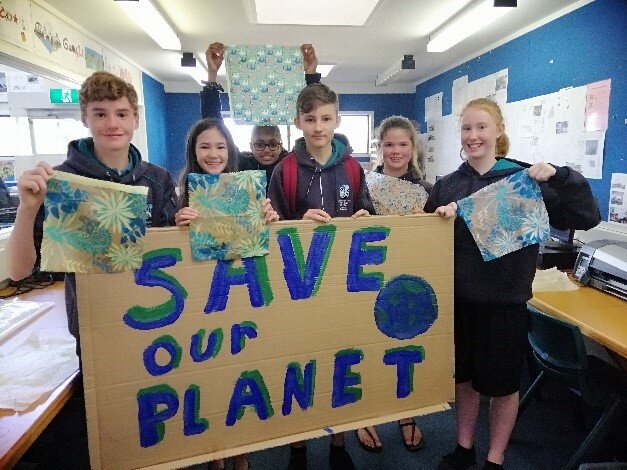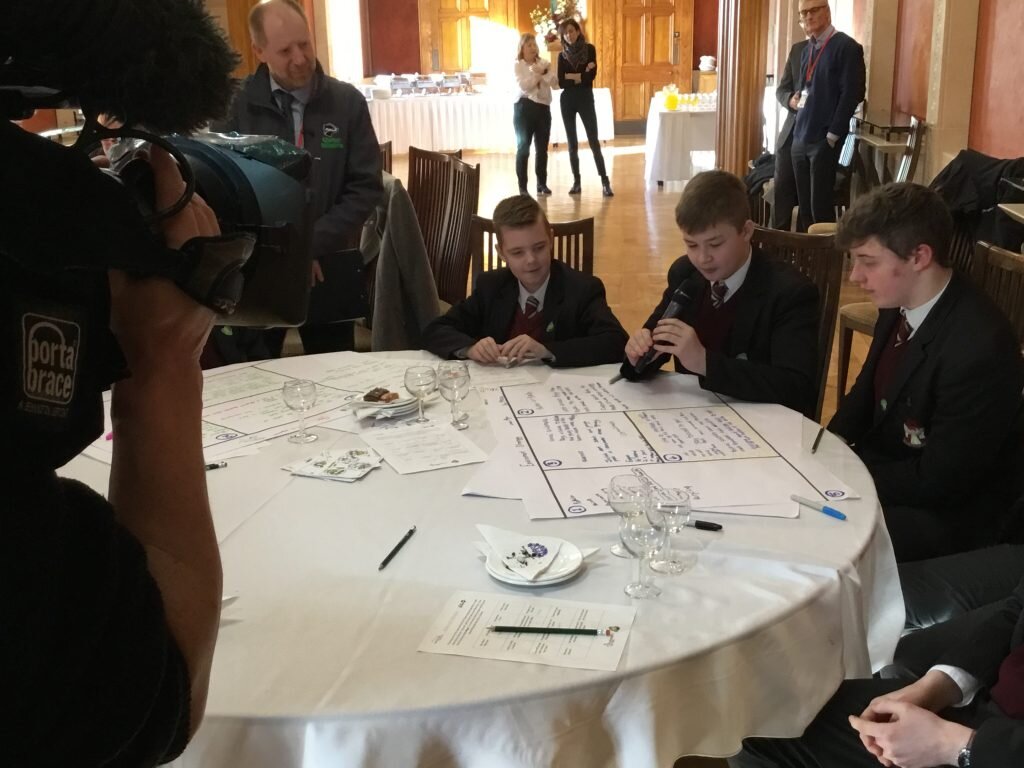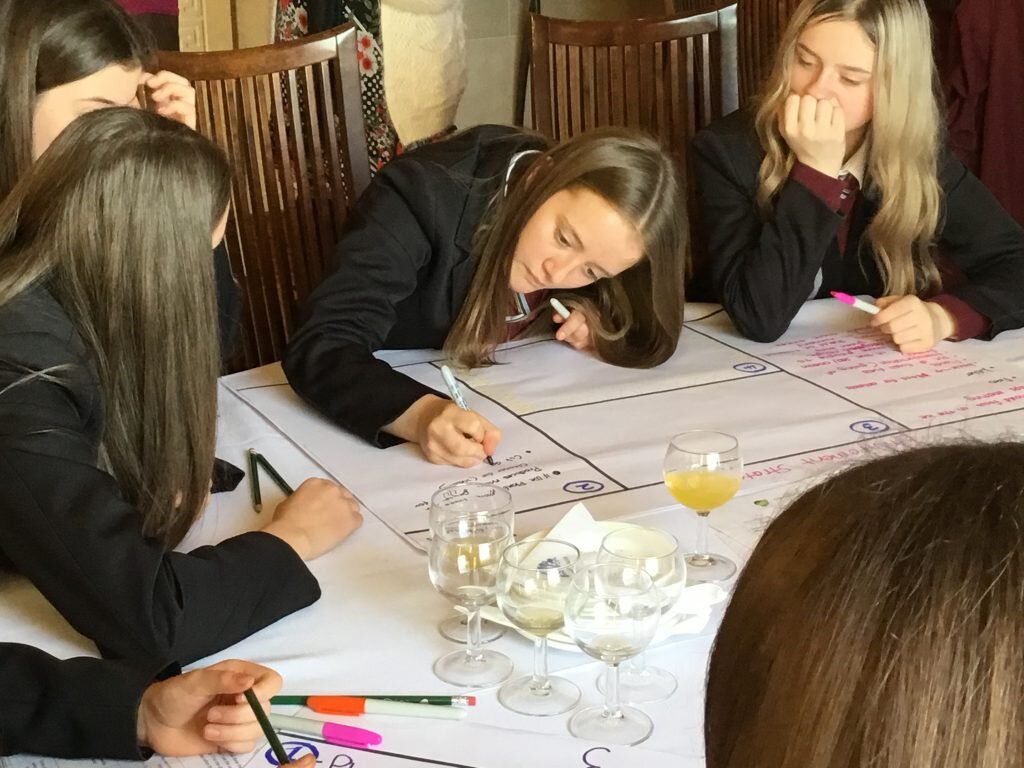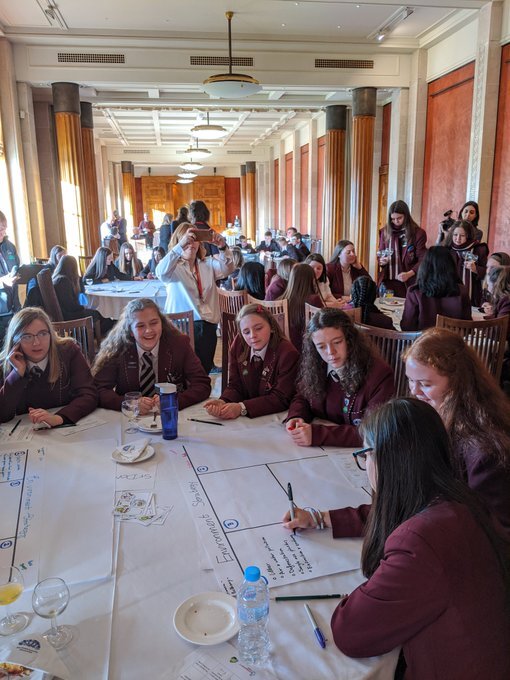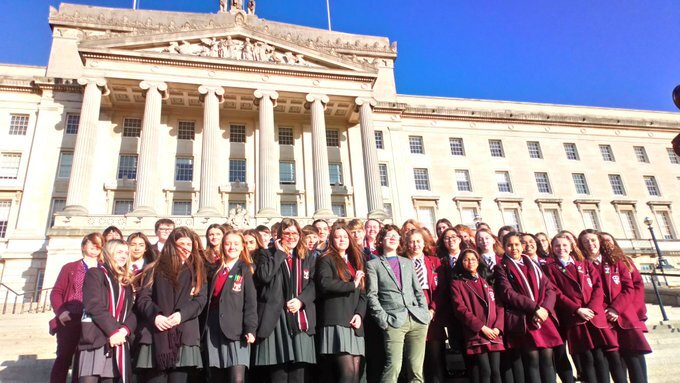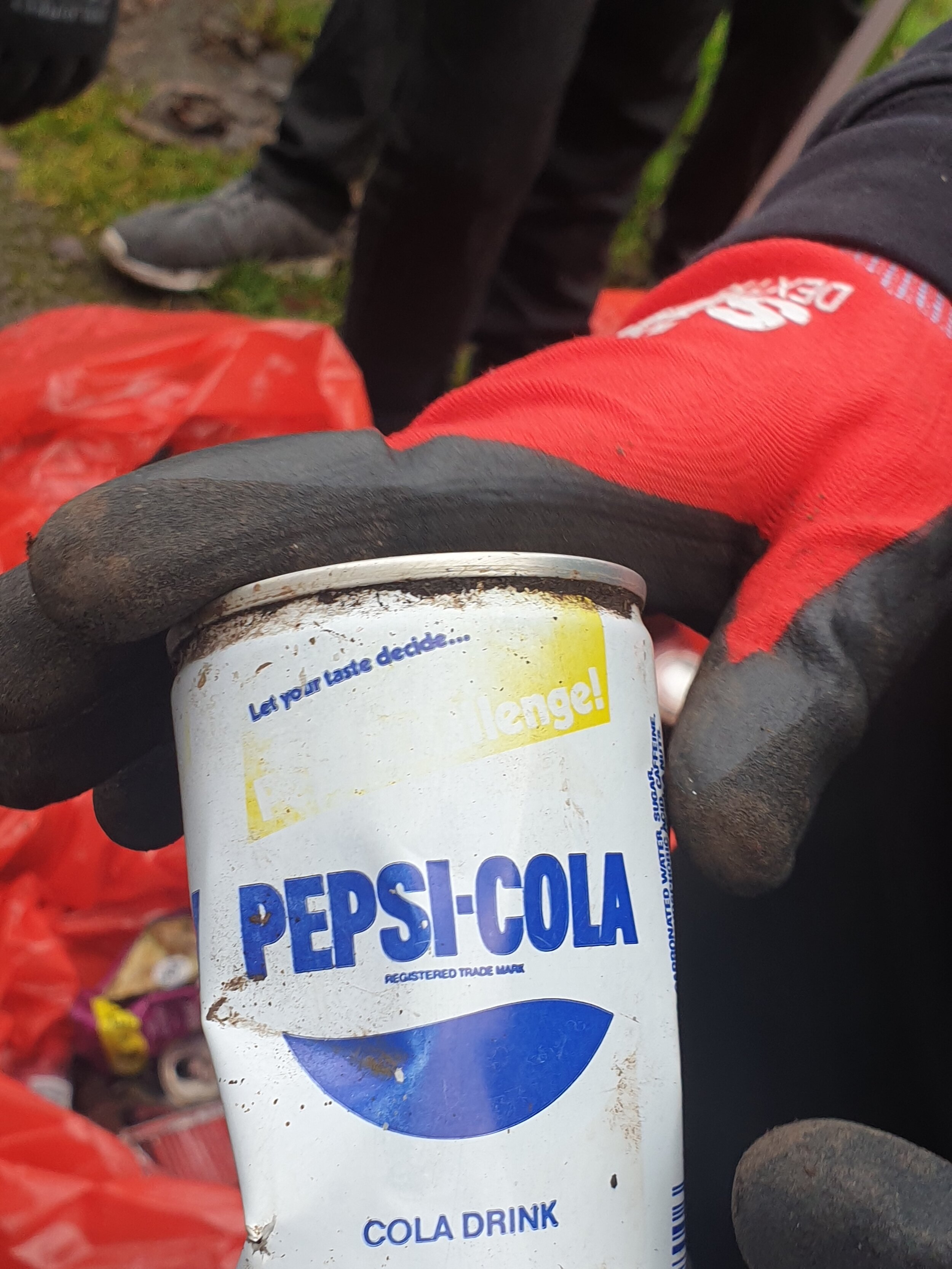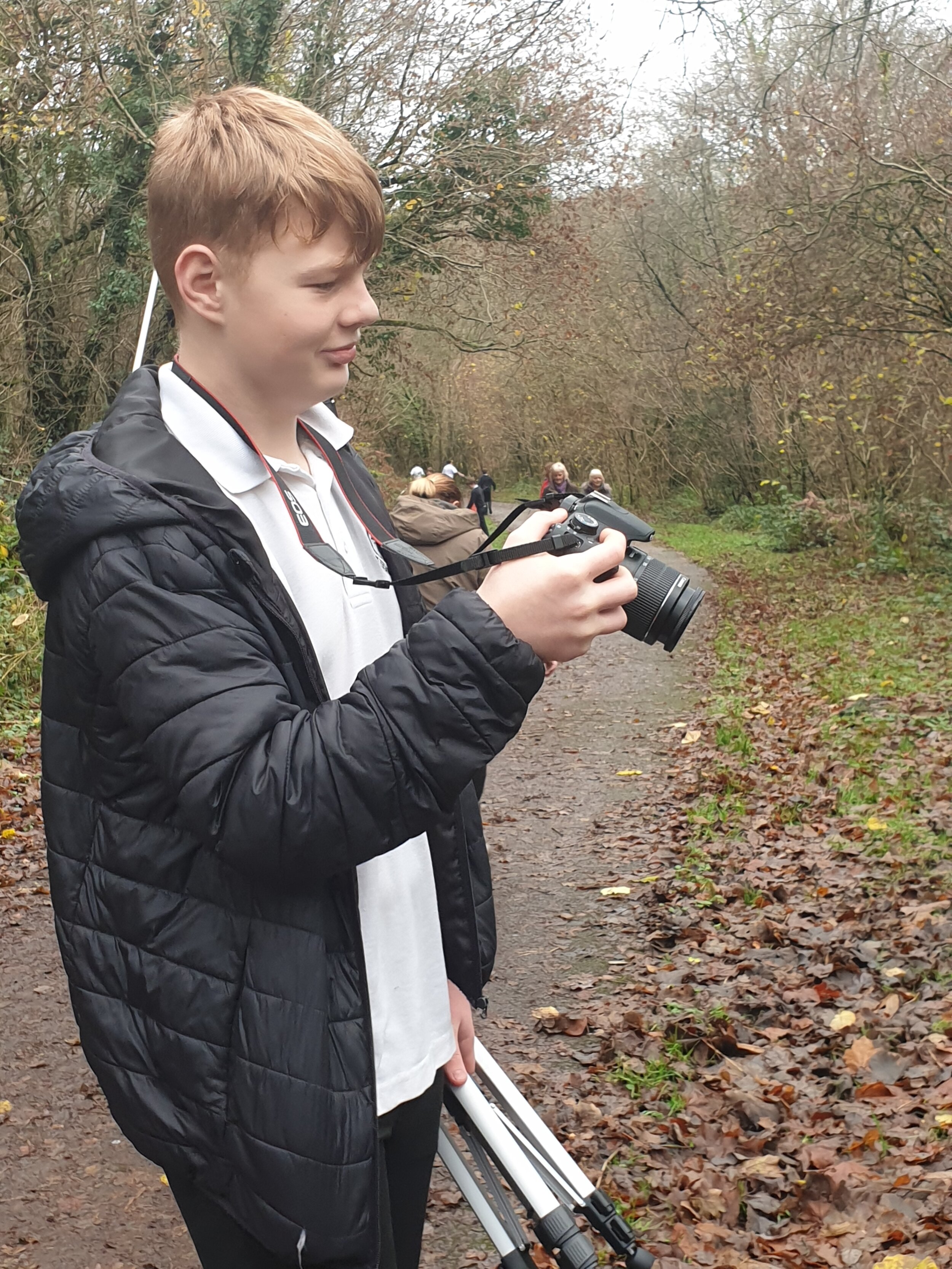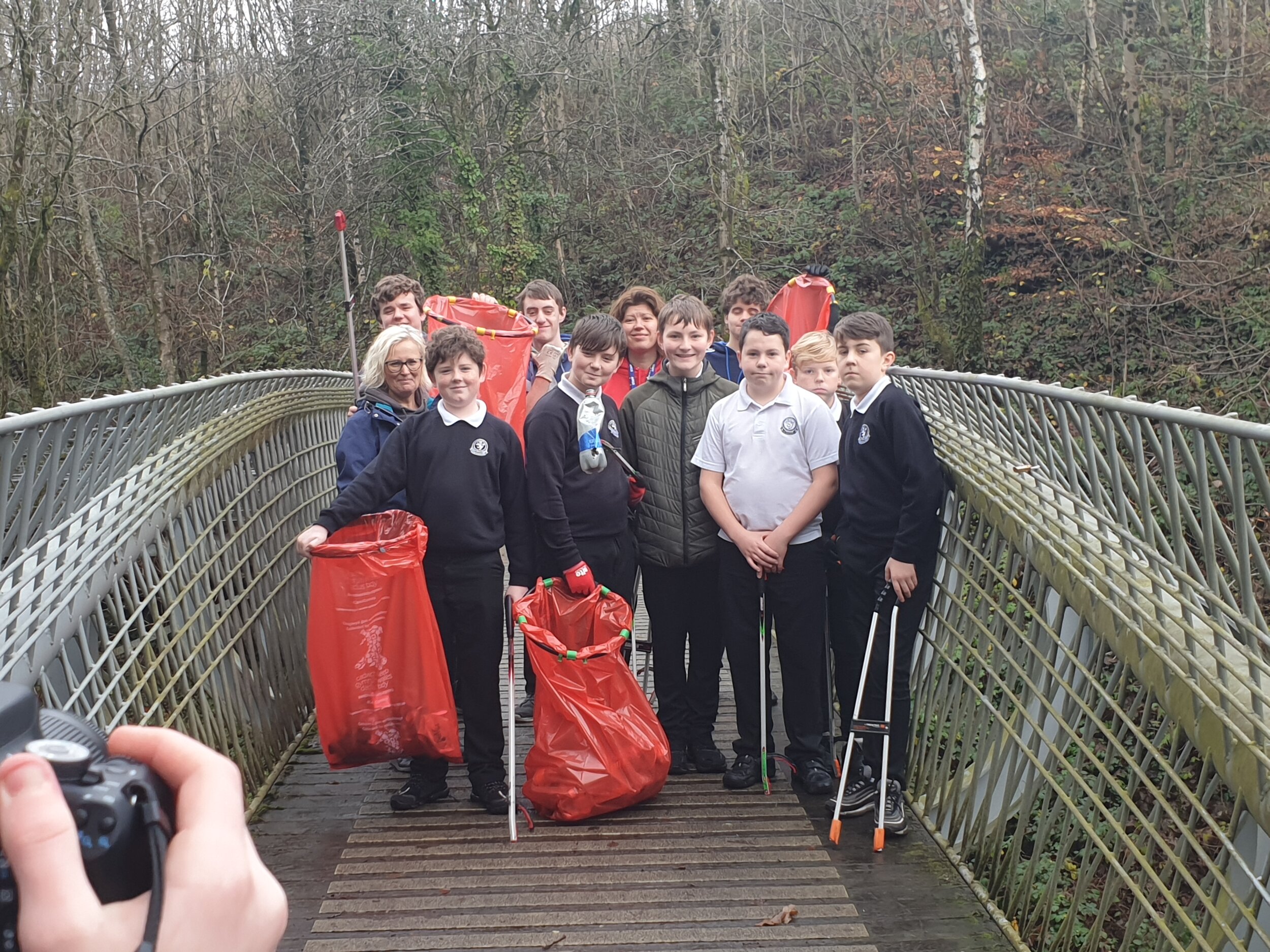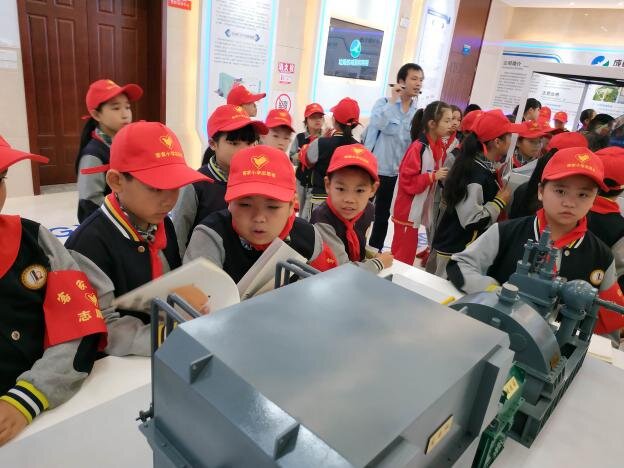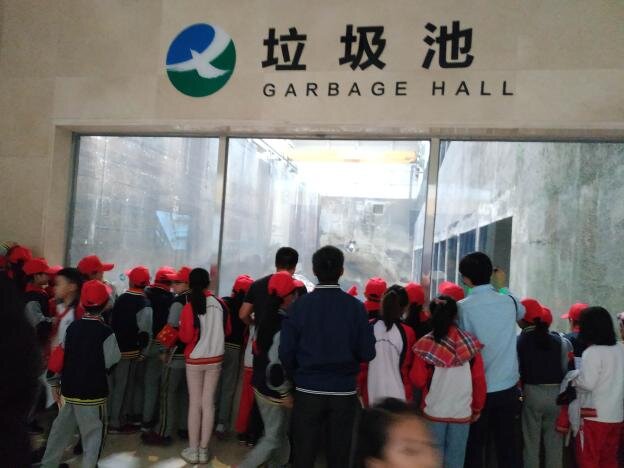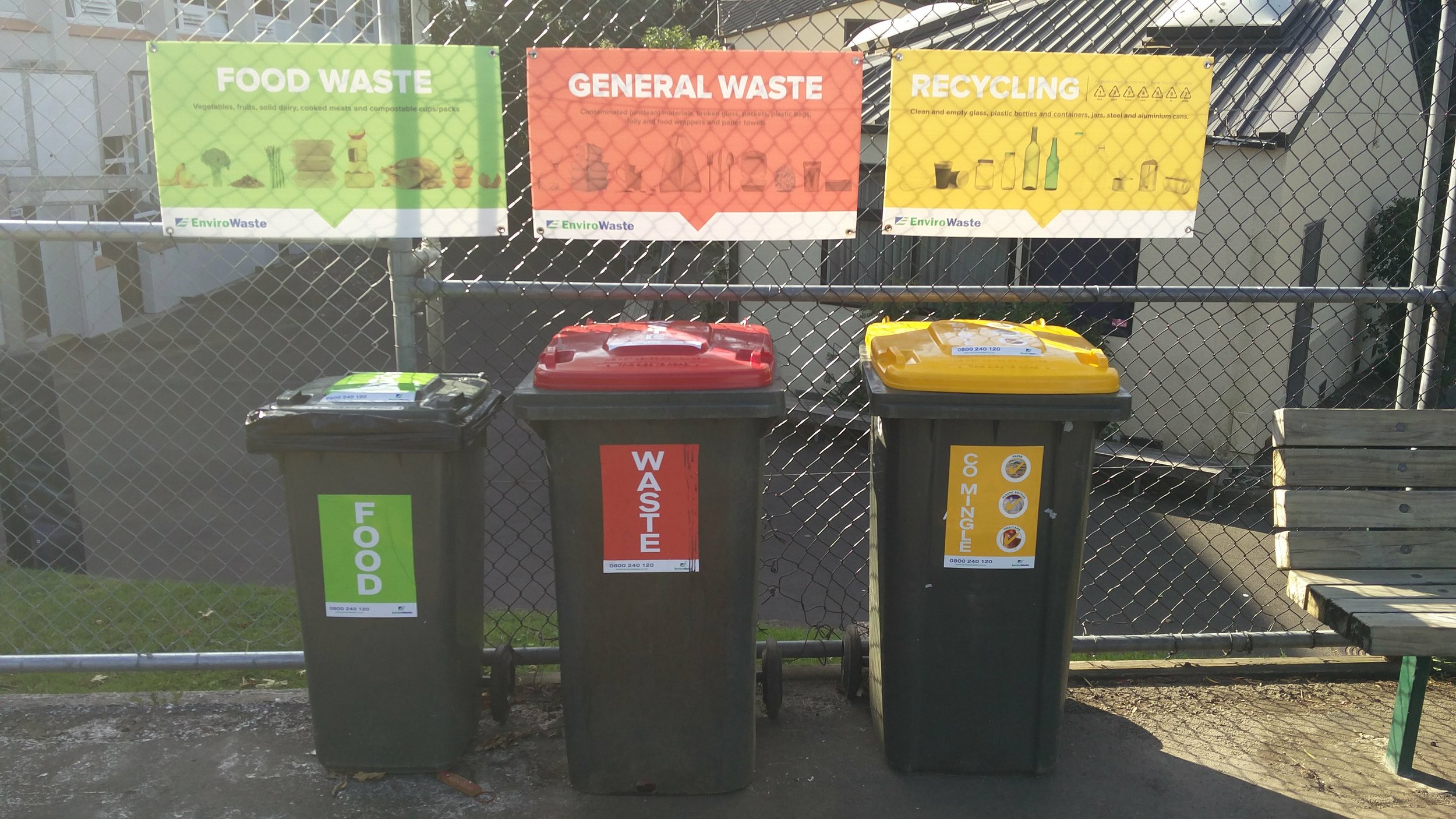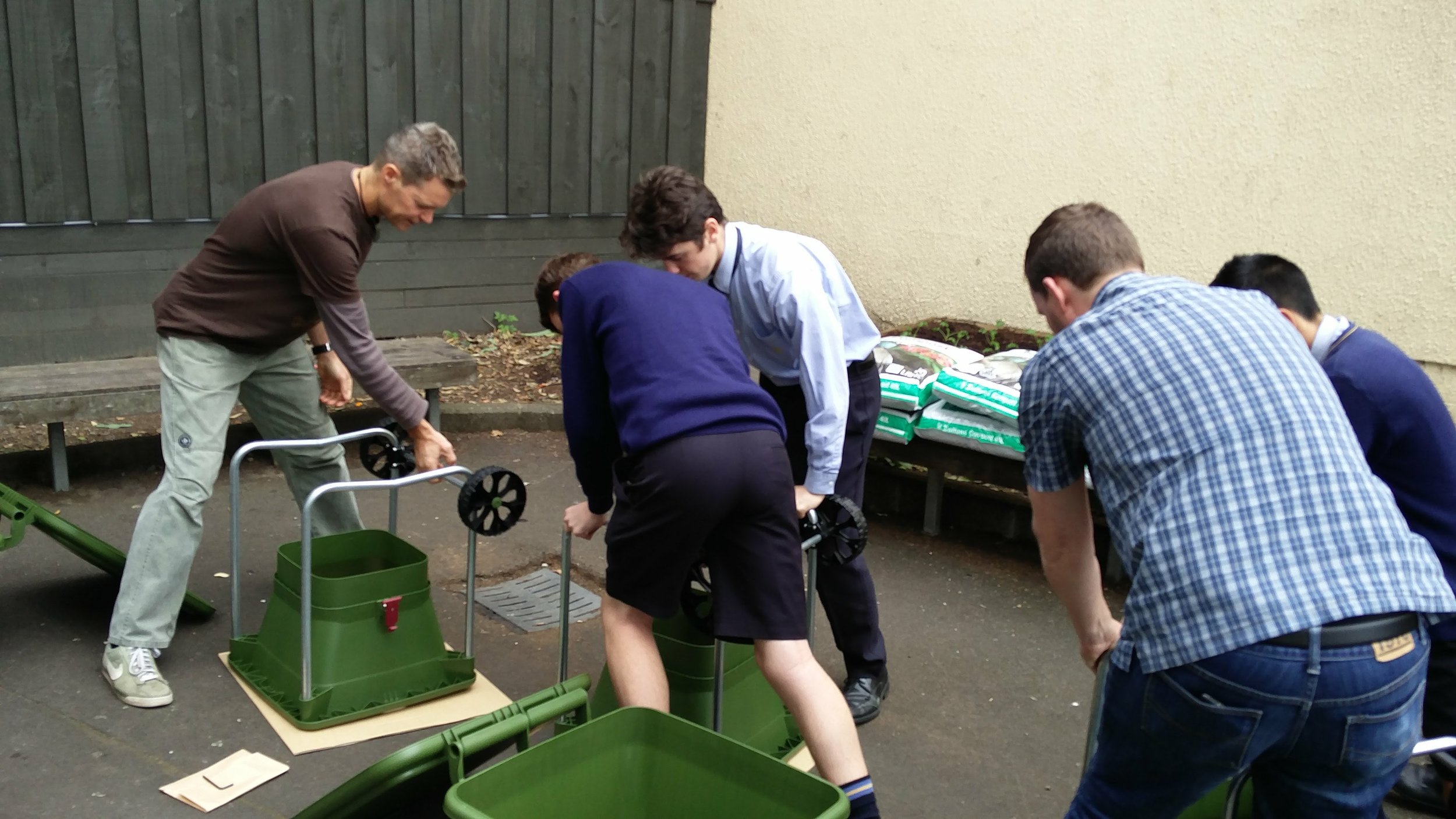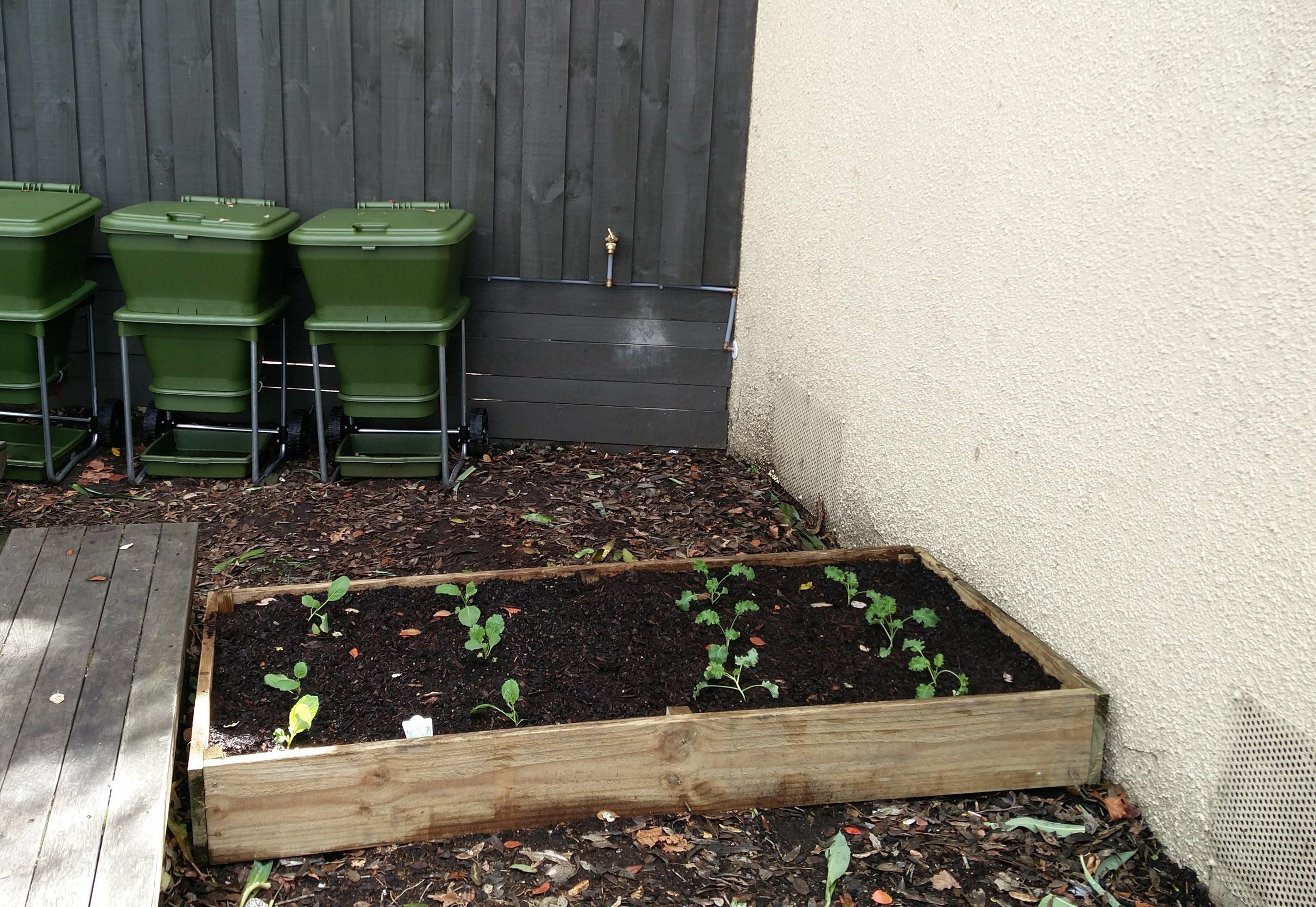Students at Vittoriosa Primary School will be taking aim at systematically seeking to educate the community to properly dispose off and eliminate cigarette butts. Cigarette butts are believed to be the most pervasive form of plastic pollution on the planet with trillions are discarded every year. Students at Vittoriosa Primary School will be taking on the role of activists to educate the community against discarding cigarette butts irresponsibly for they negatively impact and contaminate the world’s oceans.
Students will organise a clean up by the sea and analyse a sample study by calculating the amount of cigarette butts collected. With the results in hands, students will then organise a meeting with the local council to discuss their results and their ideas of what they intend to do to put forward this issue. Students will discuss their idea of having a protest walk with slogans written by the students themselves with the help of the teachers and LSEs and persuade the local council to set up cigarette bins in all parts of the city, a suggestion which must be initiated urgently in Vittoriosa. Portable ashtrays will also be discussed.
A video will also be taken during the protest walk and members of EkoSkola will also be discussing with residents what happens when cigarette butts are dumped directly on to beaches. In this case, cigarette butts are washed into the oceans and disintegrated into microplastics easily consumed by marine life. The general community will be reached by posting on social media, through the school's facebook group as well as by writing on digital newspapers and newspapers and advertising the action. The cigarette butt scheme will drastically lessen the increasing number of cigarette butts on the streets and on the beaches. By this educational campaign, students will ensure that people start to realise that cigarette butt waste damages habitat, landscapes and ecosystems and lasts forever!

